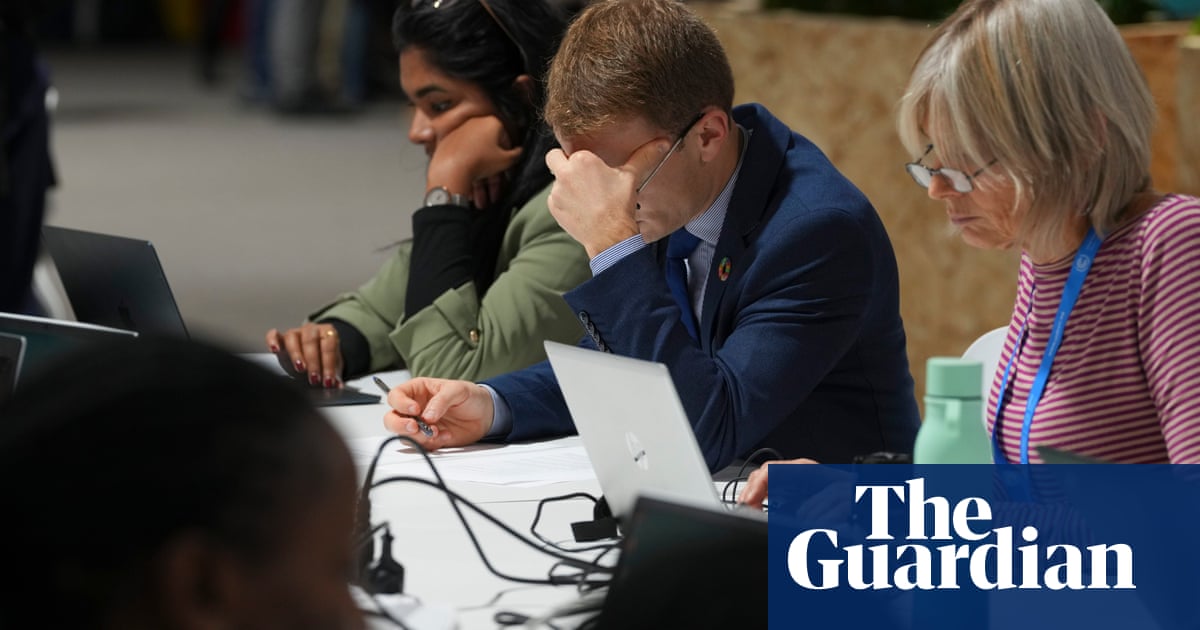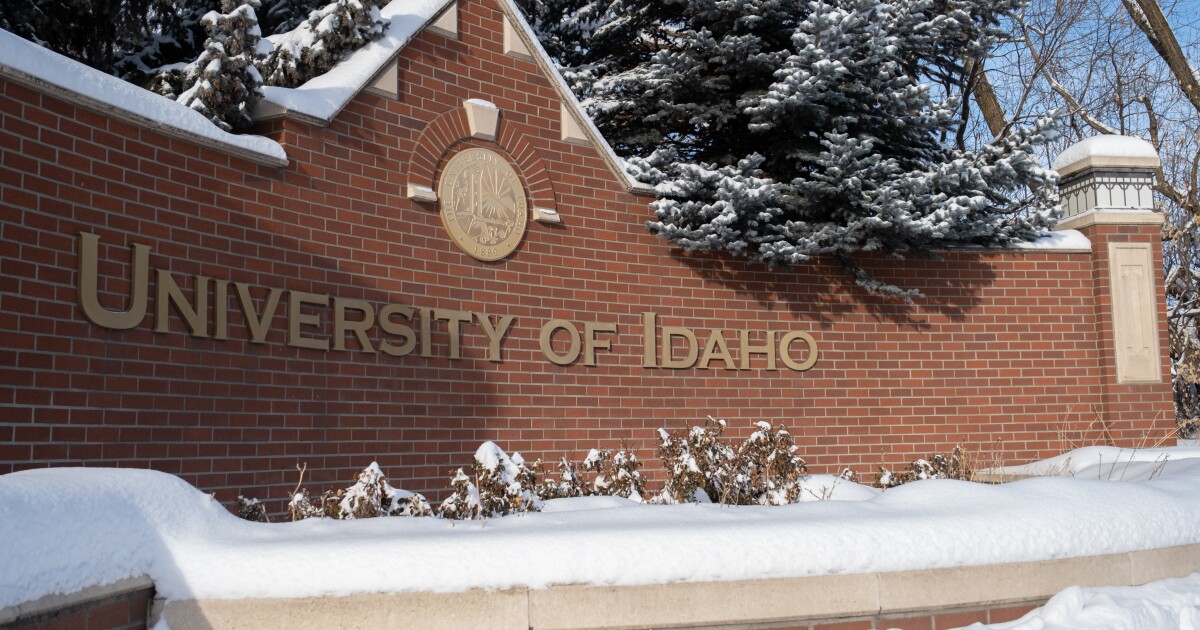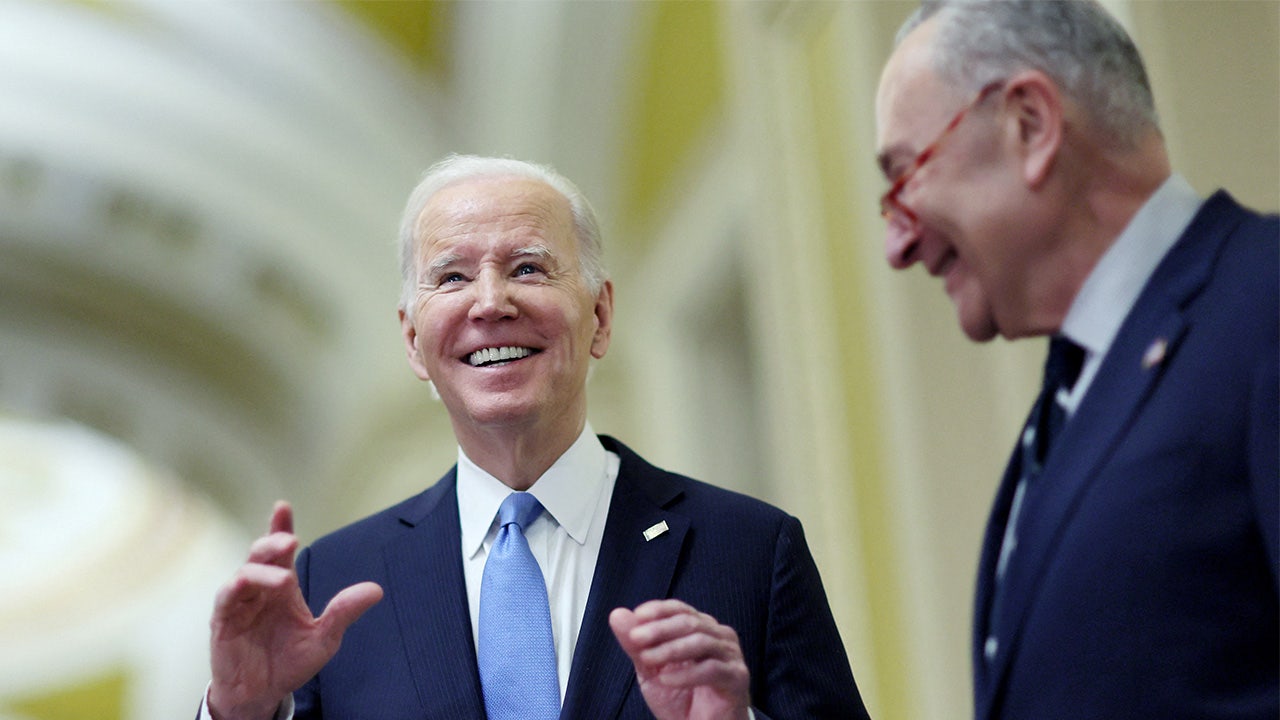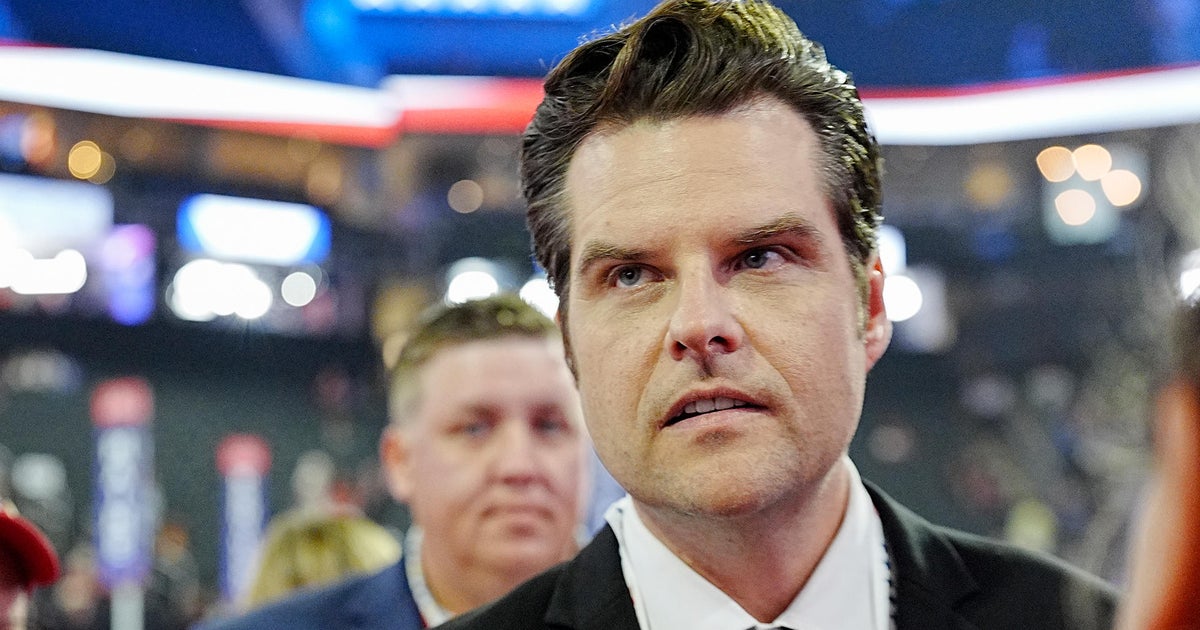Finance
Macron’s Paris summit seeks new life for global finance agenda
/cloudfront-us-east-2.images.arcpublishing.com/reuters/AGNWHQXD6ZNVRJXK2PHE666T2I.jpg)
PARIS, June 20 (Reuters) – French President Emmanuel Macron hosts a summit on Thursday and Friday to pin down a roadmap for easing the debt burdens of low-income countries while freeing up more funds for climate financing.
The summit brings dozens of leaders together in the French capital to forge a top-level consensus on how to progress a number of initiatives currently struggling in bodies like the G20, IMF-World Bank and United Nations.
Ranging from debt relief to climate finance, many of the topics on the agenda take up suggestions from a group of developing countries, led by Barbados Prime Minister Mia Mottley, dubbed the ‘Bridgetown Initiative’.
“We are moving to a world – I would call it the Bridgetown system of finance – (that) recognises that we have to massively upscale the public sector and focus that on building resilience and adaptation because it’s hard for that to be funded any other way,” said Avinash Persaud, a special envoy for Mottley on climate finance.
Though binding decisions are not expected, officials involved in the summit’s planning said that some strong commitments should be made about financing poor countries.
Nearly eighty years after the Bretton Woods Agreement created the World Bank and International Monetary Fund (IMF), leaders aim to squeeze more financing from multilateral lenders for the countries that need it most.
In particular, there should be an announcement that a $100 billion target has been met that will be made available through the International Monetary Fund for vulnerable countries, officials said.
The plan, first agreed two years ago at an African finance summit in Paris, calls on wealthy governments to lend unused special drawing rights to the IMF to, in turn, lend to poor countries.
Governments are also looking at ways to allow the World Bank to use leverage to lend more to poor countries without putting its top AAA credit rating a risk.
“We want to go farther and should be able to set targets to put more public money on the table,” a French presidency source said.
RISING INTEREST RATES
Rising global interest rates have left a growing number of low-income countries dependent on IMF funding while the most distressed – Ethiopia, Ghana, Sri Lanka and Zambia – have had little choice but to default.
A G20 ‘common framework’ for debt restructuring has proven painfully slow with western officials blaming China – now a major creditor after years of heavy lending – of dragging its feet.
A source close to the Paris Club creditor nations said on Monday that the governments Zambia owes money to aim to make a debt restructuring proposal in time for the summit in what is widely seen as a test case for the much-criticised G20 restructuring framework.
On top of interest rate stress, developing and emerging market countries are also struggling to secure the $1 trillion economists say they need by 2030 to finance carbon emission cuts, boost climate resilience and deal with damage from climate change.
Persaud said support was also expected for the IMF and other multilateral development banks to offer $100 billion in currency risk guarantees to unlock private investment in poor countries for climate and development initiatives.
Some leaders are expected to lend their weight to long-stalled proposals for a levy on shipping industry emissions ahead of a meeting next month of the International Maritime Organization, officials said.
They said calls are also expected to be made in favour of disaster risk clauses in lending agreements, which allow a country to suspend repayments in the case of a disaster.
Reporting by Leigh Thomas in Paris and Simon Jessop in London; Editing by Christina Fincher
Our Standards: The Thomson Reuters Trust Principles.

Finance
US SEC obtained record financial remedies in fiscal 2024, agency says

NEW YORK (Reuters) -The U.S. Securities and Exchange Commission obtained $8.2 billion in financial remedies, the highest amount in its history, in fiscal 2024, the agency said in a statement on Friday.
The SEC filed 583 enforcement actions in the year that ended in September, down 26% from a year earlier, it said in a statement.
The $8.2 billion in financial remedies included $6.1 billion in disgorgement and prejudgment interest, a record, and $2.1 billion in civil penalties, the second-highest amount on record, according to the SEC’s statement.
Much of the total financial remedies came from a single action: a $4.5 billion settlement with the now-bankrupt crypto firm Terraform Labs, following a unanimous jury verdict against the firm and its founder Do Kwon. The SEC is expected to collect little of that settlement amount because it agreed to be paid only after Terraform satisfies crypto loss claims as part of its bankruptcy wind-down.
The SEC also obtained orders barring 124 individuals from serving as officers and directors of public companies, the second-highest number of such prohibitions in a decade. Holding individuals accountable for misconduct has been a priority of the agency under Chair Gary Gensler, who is stepping down in January.
“The Division of Enforcement is a steadfast cop on the beat, following the facts and the law wherever they lead to hold wrongdoers accountable,” Gensler said in a statement about the agency’s 2024 enforcement results.
(Reporting by Chris Prentice; Editing by Leslie Adler and Jonathan Oatis)
Finance
Cop29: $250bn climate finance offer from rich world an insult, critics say

Developing countries have reacted angrily to an offer of $250bn in finance from the rich world – considerably less than they are demanding – to help them tackle the climate crisis.
The offer was contained in the draft text of an agreement published on Friday afternoon at the Cop29 climate summit in Azerbaijan, where talks are likely to carry on past a 6pm deadline.
Juan Carlos Monterrey Gómez, Panama’s climate envoy, told the Guardian: “This is definitely not enough. What we need is at least $5tn a year, but what we have asked for is just $1.3tn. That is 1% of global GDP. That should not be too much when you’re talking about saving the planet we all live on.”
He said $250bn divided among all the developing countries in need amounted to very little. “It comes to nothing when you split it. We have bills in the billions to pay after droughts and flooding. What the heck will $250bn do? It won’t put us on a path to 1.5C. More like 3C.”
According to the new text of a deal, developing countries would receive a total of at least $1.3tn a year in climate finance by 2035, which is in line with the demands most submitted before this two-week conference. That would be made up of the $250bn from developed countries, plus other sources of finance including private investment.
Poor nations wanted much more of the headline finance to come directly from rich countries, preferably in the form of grants rather than loans.
Civil society groups criticised the offer, variously describing it as “a joke”, “an embarrassment”, “an insult”, and the global north “playing poker with people’s lives”.
Mohamed Adow, a co-founder of Power Shift Africa, a thinktank, said: “Our expectations were low, but this is a slap in the face. No developing country will fall for this. It’s not clear what kind of trick the presidency is trying to pull. They’ve already disappointed everyone, but they have now angered and offended the developing world.”
The $250bn figure is significantly lower than the $300bn-a-year offer that some developed countries were mulling at the talks, to the Guardian’s knowledge.
The offer from developed countries, funded from their national budgets and overseas aid, is supposed to form the inner core of a “layered” finance settlement, accompanied by a middle layer of new forms of finance such as new taxes on fossil fuels and high-carbon activities, carbon trading and “innovative” forms of finance; and an outermost layer of investment from the private sector, into projects such as solar and windfarms.
These layers would add up to $1.3tn a year, which is the amount that economists have calculated is needed in external finance for developing countries to tackle the climate crisis. Many activists have demanded more: figures of $5tn or $7tn a year have been put forward by some groups, based on the historical responsibilities of developed countries for causing the climate crisis.
after newsletter promotion
This latest text is the second from an increasingly embattled Cop presidency. Azerbaijan was widely criticised for its first draft on Thursday.
There will now be further negotiations among countries and possibly a new or several new iterations of this draft text.
Avinash Persaud, a former adviser to the Barbados prime minister, Mia Mottley, and now an adviser to the president of the Inter-American Bank, said: “There is no deal to come out of Baku that will not leave a bad taste in everyone’s mouth, but we are within sight of a landing zone for the first time all year.”
Finance
US Treasury Selects BNY as Financial Agent for Direct Express Program | PYMNTS.com

The Bank of New York Mellon (BNY) will serve as the financial agent for the Direct Express program, which provides 3.4 million Americans with a prepaid debit card to receive monthly federal benefits.
The U.S. Department of the Treasury’s Bureau of the Fiscal Service said in a Thursday (Nov. 21) press release that it selected BNY for this role after evaluating proposals from multiple financial institutions and seeing the bank’s offering of features and customer service options.
The new agreement will begin Jan. 3 and will last five years, according to the release.
“Since 2008, the Direct Express program has paid federal beneficiaries seamlessly, inclusively and securely, while sparing taxpayers and customers the costs and risk associated with cashing paper checks,” Fiscal Service Commissioner Tim Gribben said in the release. “This new agreement will further our goals of delivering a modern customer experience and strengthening Treasury’s commitment to paying the right person, in the right amount, at the right time.”
With this agreement, BNY will add to the cardholder experience features like online/digital funds access, bill pay, cardless ATM access, omnichannel chat and text customer service, online dispute filing and in-person authentication options, the bank said in a Thursday press release.
“Drawing on our leading platform capabilities, we look forward to advancing the program’s goal of providing high-quality financial services to individuals and communities throughout the U.S.,” Jennifer Barker, global head of treasury services and depositary receipts at BNY, said in the release.
Seventy-seven percent of the recipients of disbursements opt for instant payments when given the option, according to the PYMNTS Intelligence and Ingo Payments collaboration, “Measuring Consumers’ Growing Interest in Instant Payouts.”
That’s because consumers looking for disbursements — paychecks, government payments, insurance settlements, investment earnings — want their money quickly, the report found.
In October, the Treasury Department credited the Office of Payment Integrity, within the Bureau of the Fiscal Service, with enhancing its fraud prevention capabilities and expanding offerings to new and existing customers.
The department said its “technology and data-driven” approach allowed it to prevent and recover more than $4 billion in fraud and improper payments, up from $652 million in 2023.
-
Business1 week ago
Column: OpenAI just scored a huge victory in a copyright case … or did it?
-

 Health1 week ago
Health1 week agoBird flu leaves teen in critical condition after country's first reported case
-

 Business6 days ago
Business6 days agoColumn: Molly White's message for journalists going freelance — be ready for the pitfalls
-
World1 week ago
Sarah Palin, NY Times Have Explored Settlement, as Judge Sets Defamation Retrial
-

 Science3 days ago
Science3 days agoTrump nominates Dr. Oz to head Medicare and Medicaid and help take on 'illness industrial complex'
-

 Politics5 days ago
Politics5 days agoTrump taps FCC member Brendan Carr to lead agency: 'Warrior for Free Speech'
-
/cdn.vox-cdn.com/uploads/chorus_asset/file/25739950/247386_Elon_Musk_Open_AI_CVirginia.jpg)
/cdn.vox-cdn.com/uploads/chorus_asset/file/25739950/247386_Elon_Musk_Open_AI_CVirginia.jpg) Technology4 days ago
Technology4 days agoInside Elon Musk’s messy breakup with OpenAI
-

 Lifestyle5 days ago
Lifestyle5 days agoSome in the U.S. farm industry are alarmed by Trump's embrace of RFK Jr. and tariffs




















